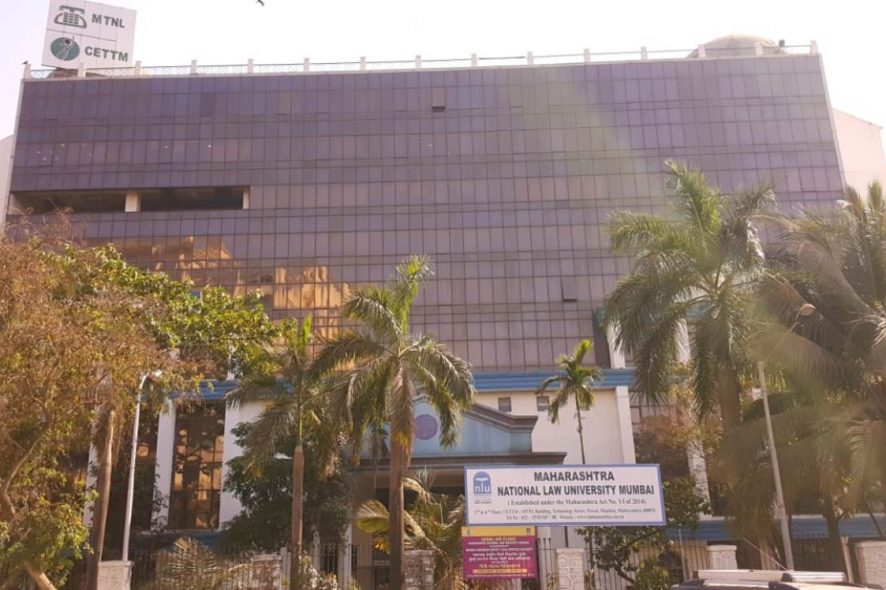About the University
Maharashtra National Law University Mumbai (MNLU M) is one of the premier institutions of India imparting legal education. MNLU M offers five years integrated B.A., LL.B., LL.M. and Ph.D. MNLU M strives to fulfil the goals set out in the preamble of constitution by imparting justice education to the students which is accessible, innovating and in tune with principles of rule of law. Honourable Justice Sh. Sharad Arvind Bobde, Judge, Supreme Court of India is the Chancellor of the University. The University apex bodies, General Council, Executive Council are graced with the presence of Judges of Supreme Court & High Courts, Chief Minister, Education Minister, Eminent Academicians etc.
About the Centre
The MNLU M Centre for Research in Criminal Justice (CRCJ) was inaugurated on 13th January 2018 by Hon’ble Justice Naresh Patil (Judge, Bombay High Court) and Honourable Justice A.S. Oka (Judge, Bombay High Court). The Centre strives to contribute to Criminal Justice System by working across theoretical, disciplinary and methodological boundaries to create innovative ways of understanding the criminal law, its interplay with society, and criminal justice. It aims at providing a theoretically grounded framework supported by an empirical research on criminal laws and processes.
About the Conference
Reformation in the Criminal Justice System (CJS) is one of the ardent task for legal scholars and policy makers. Though, society has undergone a sea change due to advent of information technology, globalization and transformative constitutional jurisprudence, criminal law barring few changes, has remained as a reflection of colonial vestige.
Almost one and a half decade ago, the Committee on Reforms of the Criminal Justice System, better known as the Justice Malimath Committee submitted its detail report specifying the kinds of reform we must introduce for healthy CJS. The recommendations of the Committee are considered as the most exhaustive work to review the state of CJS in India. While report was highly appreciated for its extensive work on CJS and broad based suggestions, there were also criticism mainly on account of undermining the rights of the accused in certain specific circumstances.
Series of legislative and other reforms are brought within CJS post Malimath Committee recommendations. It is difficult to answer how much we have been able to achieve. The time is ripe to revisit the Malimath Committee report and to re-think the conceptual foundations of the criminal justice system, its institutions and the underlying principles.
The aim of the conference is to evaluate how much we have moved ahead in the direction of reforms since the Malimath Committee recommendation and what other reforms can be brought to improve the CJS in future.
Broad Themes of the Conference
- Need of uniform policy for application of Criminal Law
- Re-thinking the fundamental principles of CJS
- Reforms in Police Investigation & Prosecution
- Reforms in Judiciary, Judicial Process & Trial Procedure for efficient CJS
- Crime and Punishment
Call for Papers
Interested participants may send an abstract of a length not more than 450 words in .doc/ .docx format with 12 Times New Roman Font before 20.04.2019 at crcjmnlu@gmail.com. 5 keywords should also be added. Full length paper is to be submitted after acceptance of the abstract. Selected papers will be published in ISBN book. One co-author is permitted.
| Date | Stage |
| 15.04.2019 | Last date to register and
pay fees |
| 20.04.2019 | Submission of
Abstract |
| 25.04.2019 | Confirmation of Acceptance
of Abstract |
| 01.05.2019 | Last Date to Submit Full Paper |
| 04.05.2019 | Conference |
For more details, refer conf. brochure crcj mnlu may 2019






